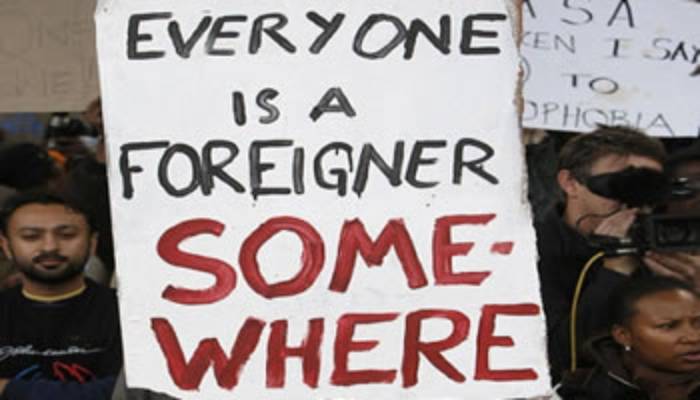×
The Standard e-Paper
Home To Bold Columnists

From Sunday to Wednesday, shops have been looted and property belonging to foreigners vandalised in South Africa in xenophobic attacks.
Numerous arrests have been made with affected areas being heavily guarded by South African police.